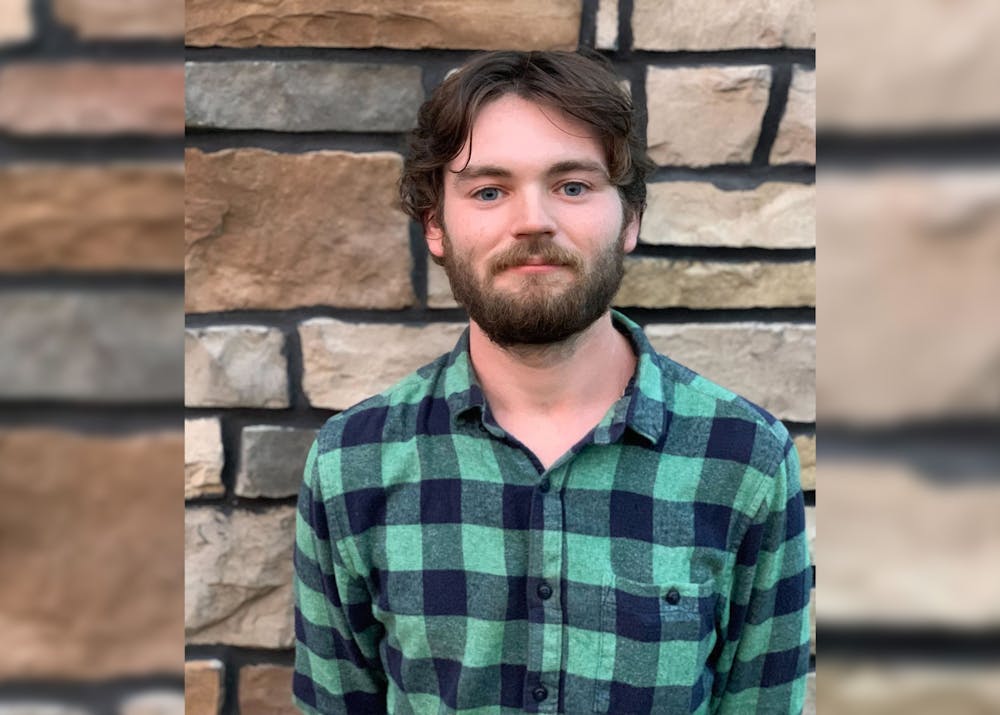Interested in writing a letter to the editor or guest column to the Indiana Daily Student? Check out our guidelines and submission details here.
As we have all seen, the country has become deeply divided over political issues — it seems for the last two elections at least, many of those who I have talked to had a feeling that “this election” was going to decide the long-term fate of the country. No doubt each presidency has its lasting effects and even though we are still here, this feeling and tension (rightly or wrongly) continues. There are two effects from this divide that I see growing: firstly, its immediate psychological effects on the individuals most perceptive of it and secondly, the growing danger of political violence.
What we have seen in the United States, and something I am sure most of us have heard time and time again, is the growing psychological distress especially among younger people. Depression and anxiety rates have continued their long projection upward, and furthermore, among the certainly many factors which are contributing to this (the covid pandemic for instance), political polarization seems to be one of them. For instance, when considering depressive disorders alone, having an increased perception of political divides predicts a roughly 1.5 fold increase in rates of depression.
I posit two reasons for this association between perceived political polarization and psychological disorder. 1) The mere fact that looming national/political disaster might be approaching, and 2) that a part of this is the practical social effect of political polarization — which means when the gap between you and others increases, it is harder to be friendly towards them (and so you lose out on whatever friendship could be).
Let us focus on the second reason.
Clearly when deeply held political or moral convictions come into conflict between two people, a tension arises. This tension is now separating families and friends more than in recent American history. The obvious conclusion of this is that people will isolate themselves from potential relations which they could have had.
From this another thing rises, which is the animosity that develops between everyday Americans. Increasingly, people are beginning to be willing to take up arms against a government, which means likewise, other citizens. I am not predicting anything like a civil war, but with this increased tension and increased hate towards each other, we must realize that it potentiates aggression within the culture, which can darken even the most innocent of political goals. A line from Nietzsche’s Beyond Good and Evil should come as a word of warning:
“In the last analysis, “love of the neighbor” is always something secondary, partly conventional and arbitrary-illusory in relation to fear of the neighbor.”
The warning to derive from him — fear of the neighbor (hatred) has the capacity to overwhelm love of the neighbor. What kind of society produces this dilemma? I say one where personal resentment, a moral callousness, forms between struggling groups in society (i.e., two political sides) and they begin to see each other as contemptible, which is happening more and more. This is a society that looks like what Freud would have understood to be anger turned inward, an emotion turned towards self-laceration.
I provide not a straightforward solution, but only this, given our peculiar place in society as being in higher education: we have a duty to be more reserved upon approaching political divisions, for if we desire to be professionals and experts, expertise requires deep contemplation, which is a pre-requisite for insight. There is a darkness in viewing one’s consciousness above that of the rest, and a simple test to be able to detect if one is doing this is to ask yourself this question: can you approach someone from the opposite side without anger?




